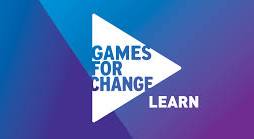Dive Brief:
- In the four years since a handful of New Jersey parents with dyslexic children began a support group, the idea for the Decoding Dyslexia movement has caught on in all 50 states and four Canadian provinces, giving parents in similar situations increased sway over policy.
- In 2015 alone, 20 states have passed or proposed dyslexia-related legislation, Education Week reports, some of which is in part due to advocacy by Decoding Dyslexia groups.
- With annual “Hill Days,” members of the group also gather in the District of Columbia to lobby lawmakers for change.
Dive Insight:
"What they share in common is a devotion and a concern for their children. That makes them very effective advocates," Sally Shaywitz, the co-director of the Yale Center for Dyslexia and Creativity, told Education Week. An estimated 5-17% of students are thought to have dyslexia, yet can often be unidentified and are believed to have behavioral issues instead.
Still, success in that advocacy hasn't come easy. Efforts to add dyslexia regulations in California were successful, but found opposition from the California Teachers Association, the California School Boards Association, and the Special Education Local Plan Area (SELPA) Administrators of California due to the idea that new legal specificity would be unfair to students with non-dyslexic special needs.
Outside of policy reform, educating teachers to recognize dyslexia can be part of the solution. Certain ed tech PD products, like the Understanding Dyslexia app from Mindplay, can help. Other apps target students themselves.












